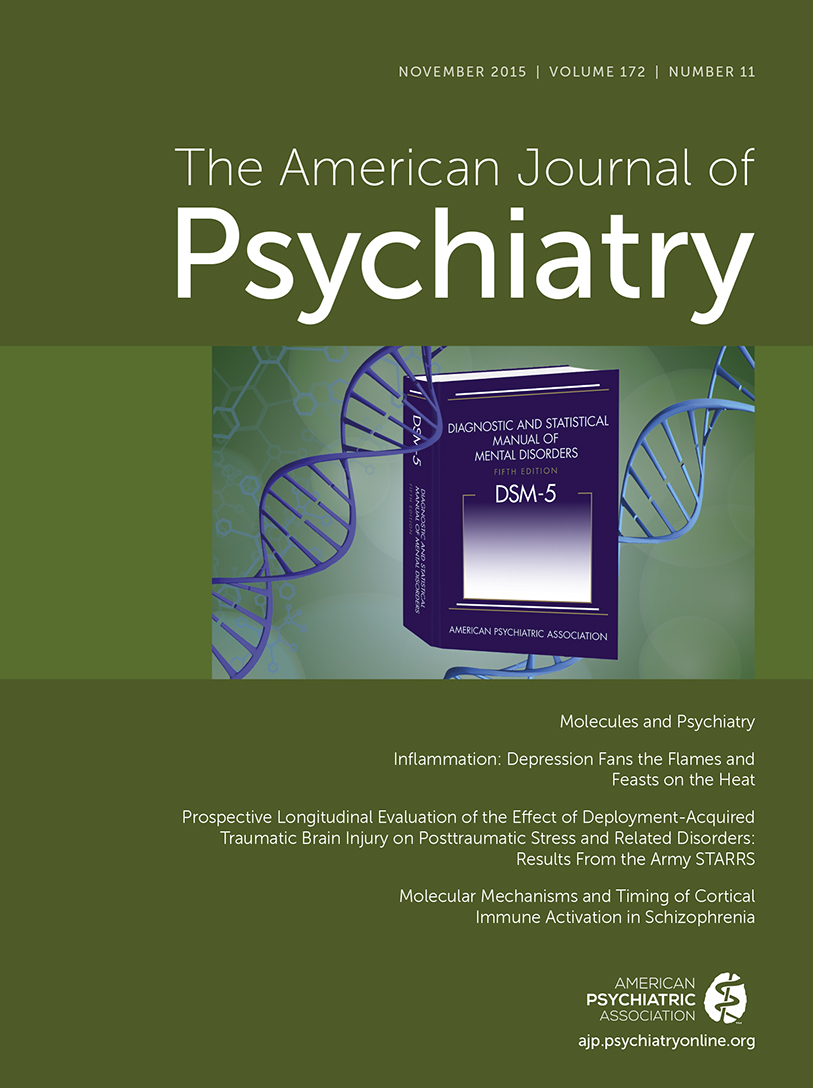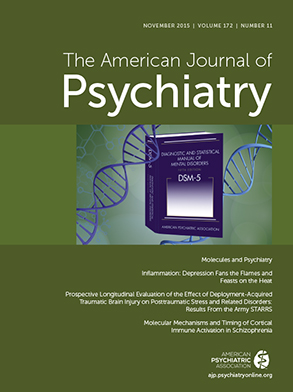Post-TBI Central Hypogonadism and PTSD
A 29-year-old male Marine veteran with PTSD and a history of two blast concussions, with brief loss of consciousness, presented with insomnia, emotional detachment, intolerance of crowds, hypervigilance, self-isolation, traumatic memories, hyperacusis, irritability, and explosiveness. These symptoms had persisted despite years of cognitive therapy and psychopharmacologic trials, including an ongoing sertraline and prazosin combination.We tested thyroid, adrenal, and gonadal hormones; IGF-1; and prolactin and found hypotestosteronemia, with an early-morning total testosterone concentration of 240 ng/dL, followed 1 month later by a level of 210 ng/dL (250–800 ng/dL reference range at the Cincinnati Veterans Affairs Medical Center). The circulating luteinizing hormone measure was 0.8 mIU/mL (reference range 1.3–8.6 mIU/mL), consistent with central hypogonadism. This patient also had erectile dysfunction.The patient, who weighed more than 200 lb, was started on testosterone gel, 1.62%, at a dosage of 60.75 mg/day. Within weeks of treatment initiation, he reported improved sleep, energy levels, sexual function, concentration, strength, and endurance. Importantly, his irritability and explosiveness were ameliorated and replaced with a sense of increased “calm” and tolerance for others. He even began going to the grocery store during peak hours, which he had previously avoided doing until after 1:00 a.m. These improvements have persisted for more than 1 year with continued testosterone supplementation, which maintains his circulating total testosterone concentrations near the middle of the reference range.
References
Information & Authors
Information
Published In
History
Authors
Funding Information
Metrics & Citations
Metrics
Citations
Export Citations
If you have the appropriate software installed, you can download article citation data to the citation manager of your choice. Simply select your manager software from the list below and click Download.
For more information or tips please see 'Downloading to a citation manager' in the Help menu.

